Online scams and skimmers are on the rise. Technological advances have created even more places for scammers to trick people into exposing their card information. By staying informed and vigilant, you can protect your money and personal information.
The Rise of Skimmers and Online Scams

Hackers have responded to technological progress with even more advanced scams and skimmers to steal people’s information. By staying diligent and aware, you’re one step closer to protecting yourself.
What is a Skimmer?
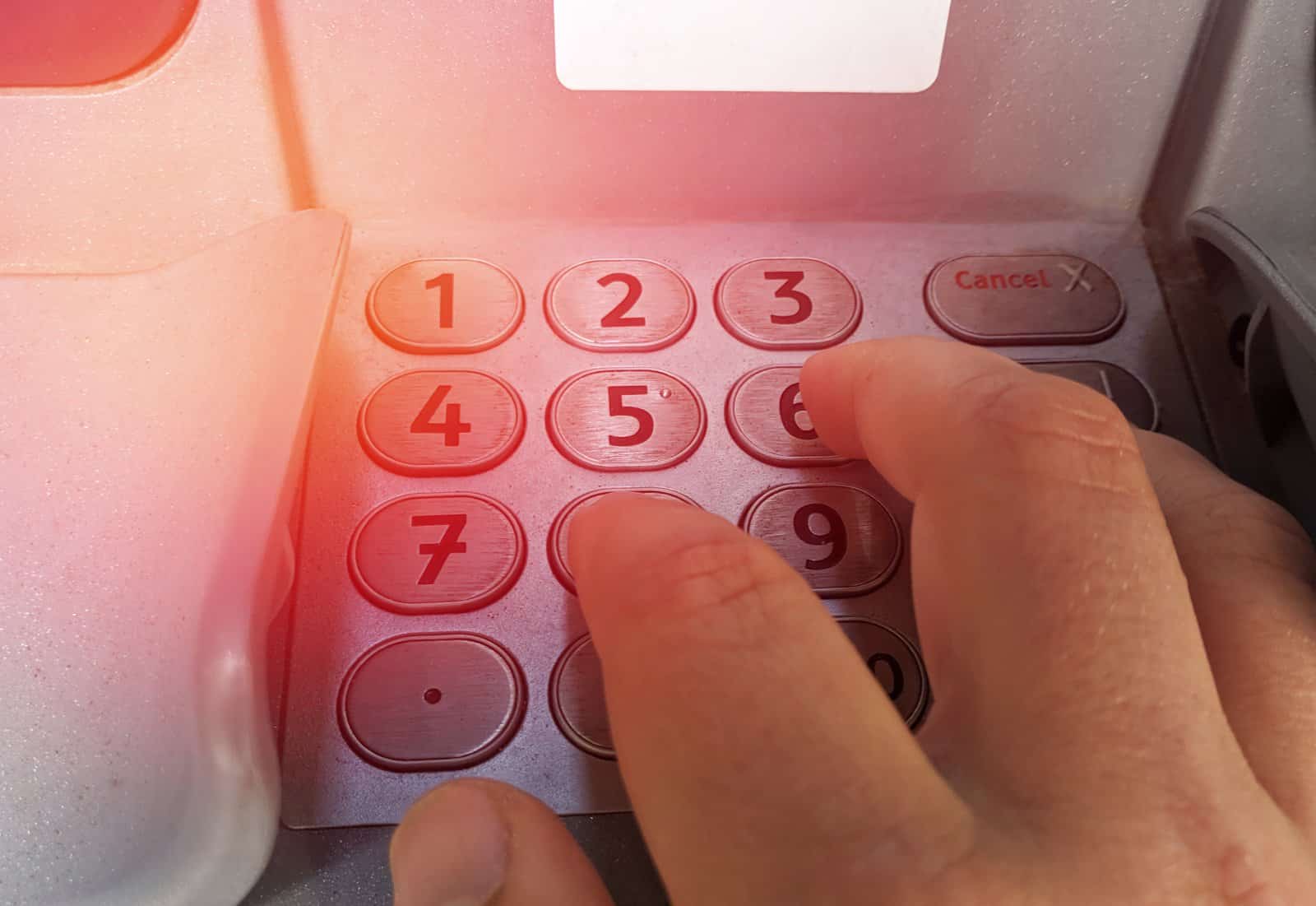
Skimmers are devices, usually attached to credit card machines, that capture card information whenever you swipe your card. These can be found on ATMs, at gas station pumps, and even in regular stores.
Online Scamming

Online scams are on the rise and often appear in various forms. From phishing emails to fake websites, all of these methods can be threats to your money and information.
The ATM Risk
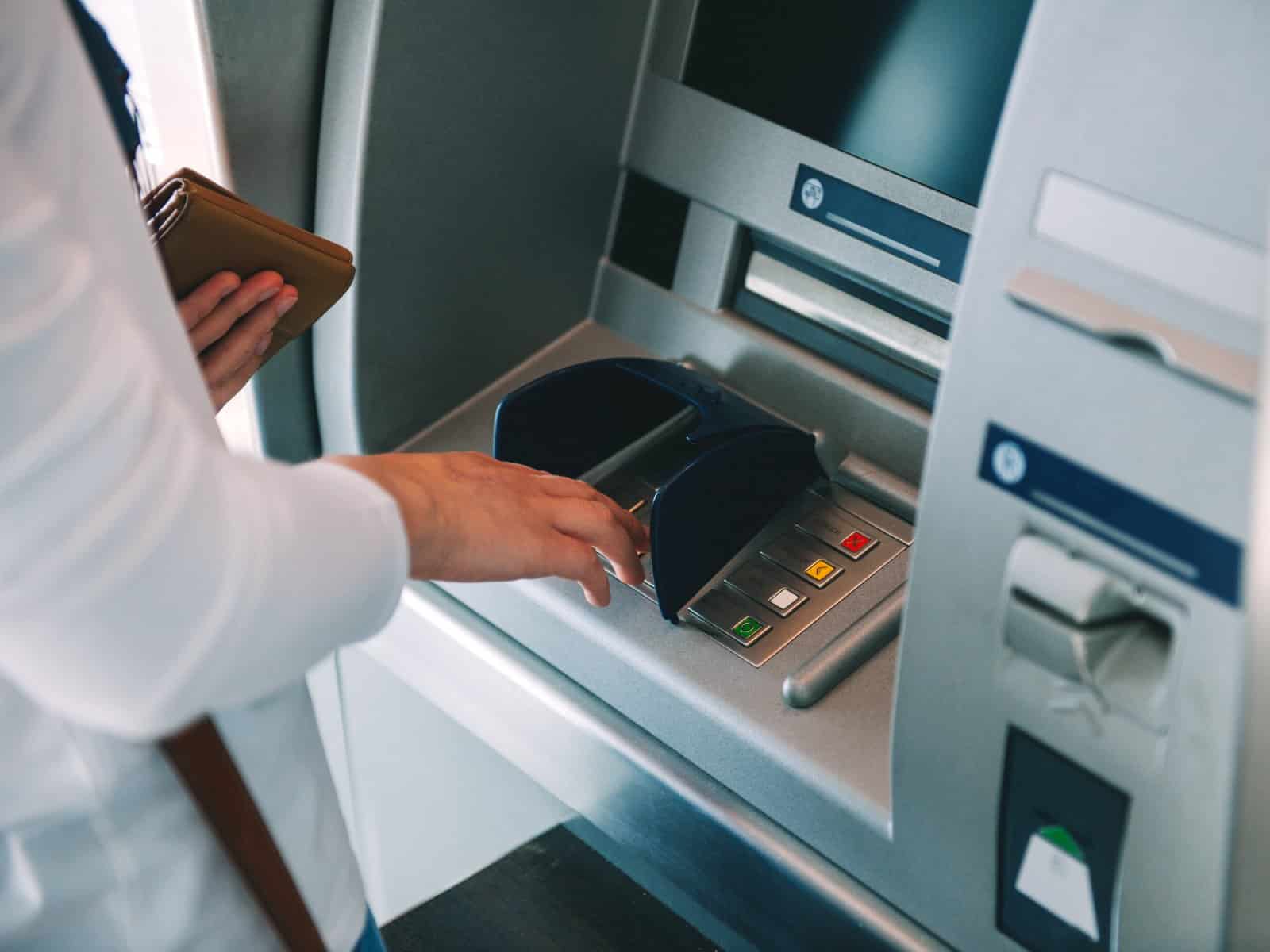
Because of the nature of the machine, ATMs tend to be high-risk. The next time you’re withdrawing or depositing money, check for tampering and if the card slot looks unusual, find another machine.
Double Checking Online Transactions

We’re all guilty of not being careful online. When you’re online shopping, always make sure you’re using legitimate, secure websites. One simple trick is the check for “https” in the URL.
Two-Factor Authentication

Many apps and websites now offer two-factor authentication. This can add another level of protection in case your password is compromised, by requiring a second form of verification.
Look Out for Phishing Emails

If you’re in the corporate sphere, you’re probably familiar with the concept of phishing emails. By sending emails designed to look legitimate, urgent, and important, hackers make it easy to overlook warning signs. Make sure you don’t click on links from unknown sources, even if it seems like your boss.
New Virtual Cards
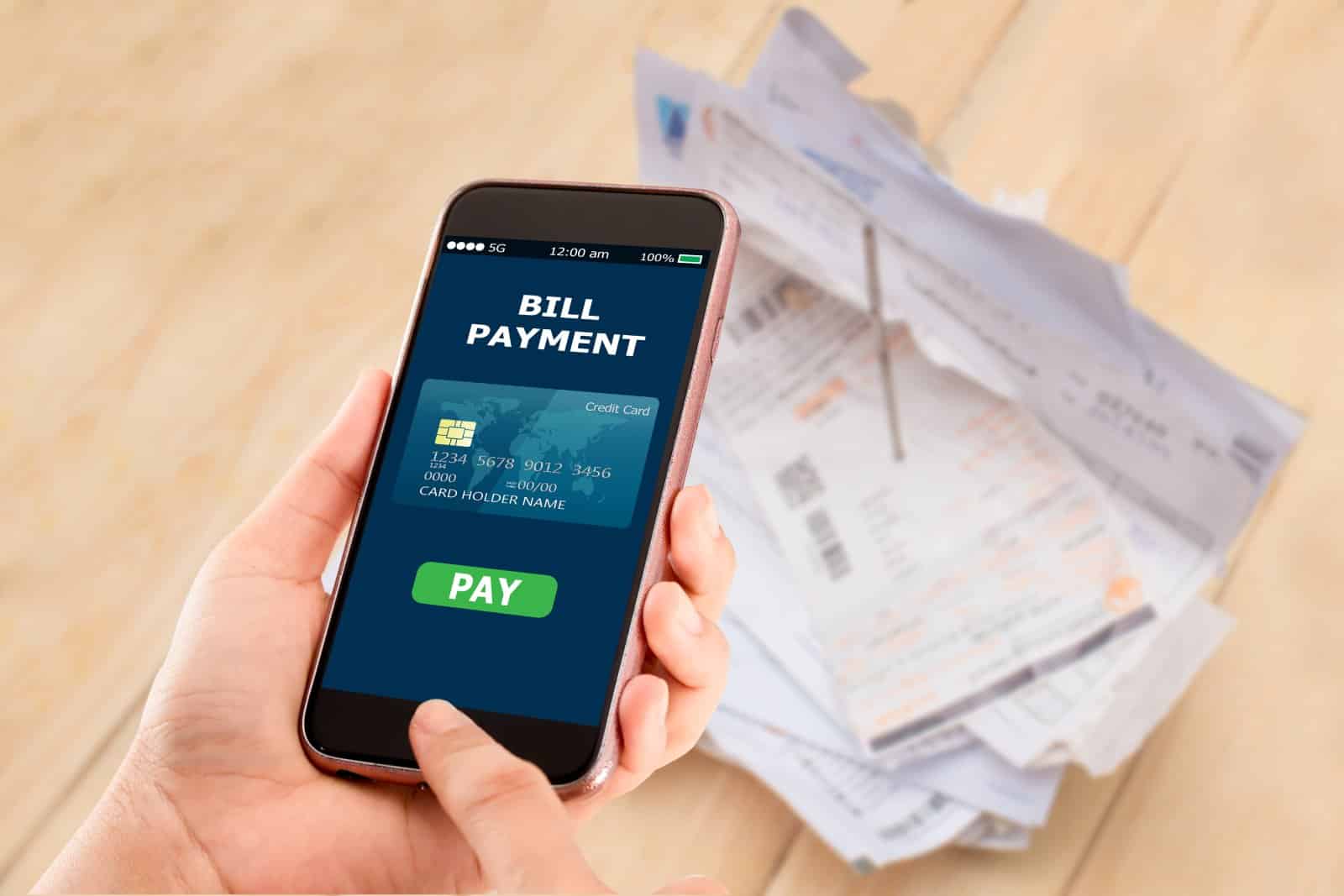
As technology gives hackers more access, it also gives you more protection. Virtual cards are a newer invention, which gives you a temporary card number for online purposes. This protects your real card information from being stolen.
Tap-to-Pay Technology

Rather than swiping or inserting your card, many cards now offer tap-to-pay as an option. This method uses encryption in order to protect your card information.
Enabling Notifications
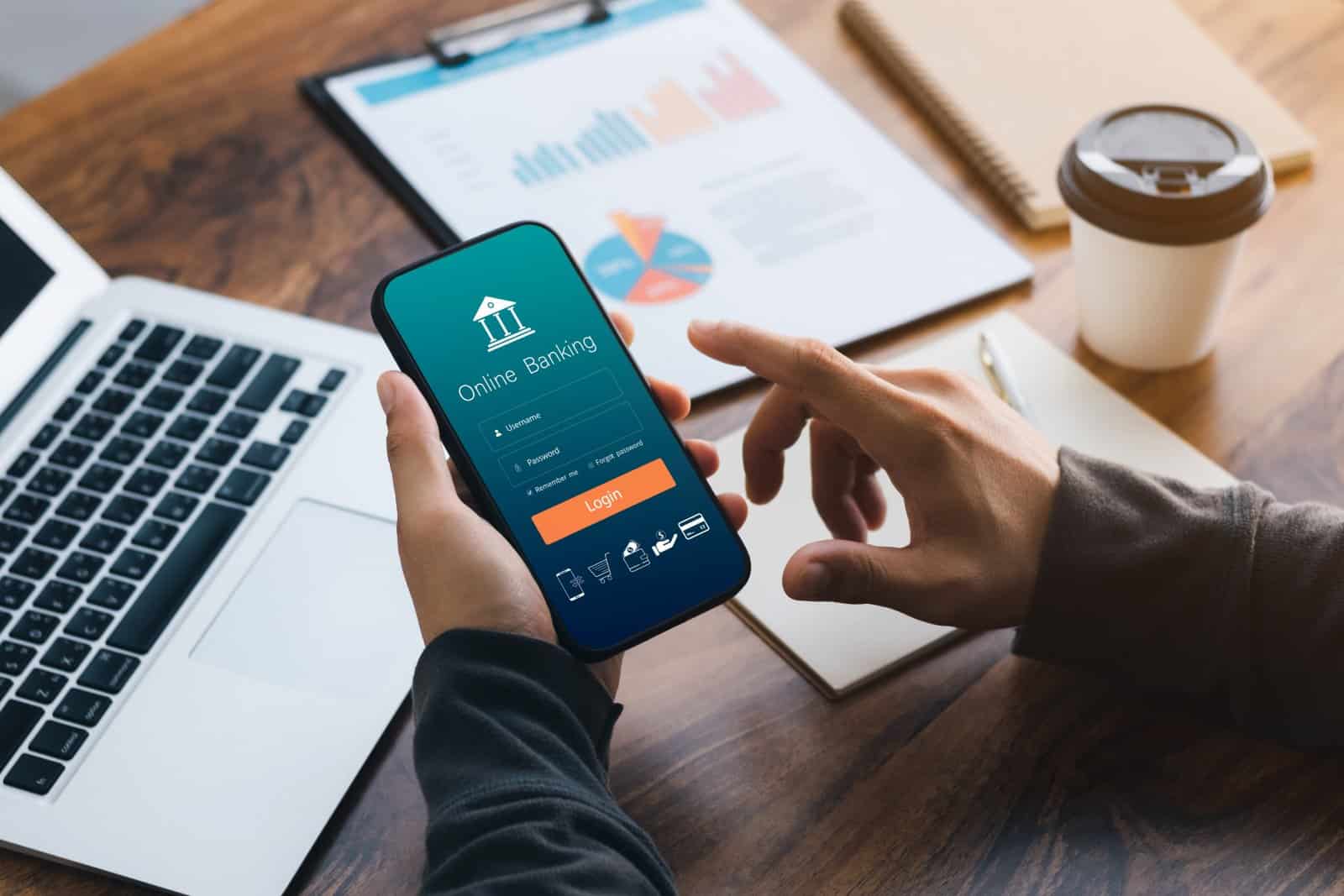
Many banking apps now offer notifications for any purchases over a certain amount. You can even set the amount as low as $1 so you get a notification for every purchase. By being aware of what’s on your bank statement, you’ll be able to spot fraud faster.
Be Careful with Public Wi-Fi

If you can, avoid making any financial transactions while using a public Wi-Fi. You can use a VPN to encrypt your data, but it’s overall safer to use a private wireless network.
Use Strong Passwords
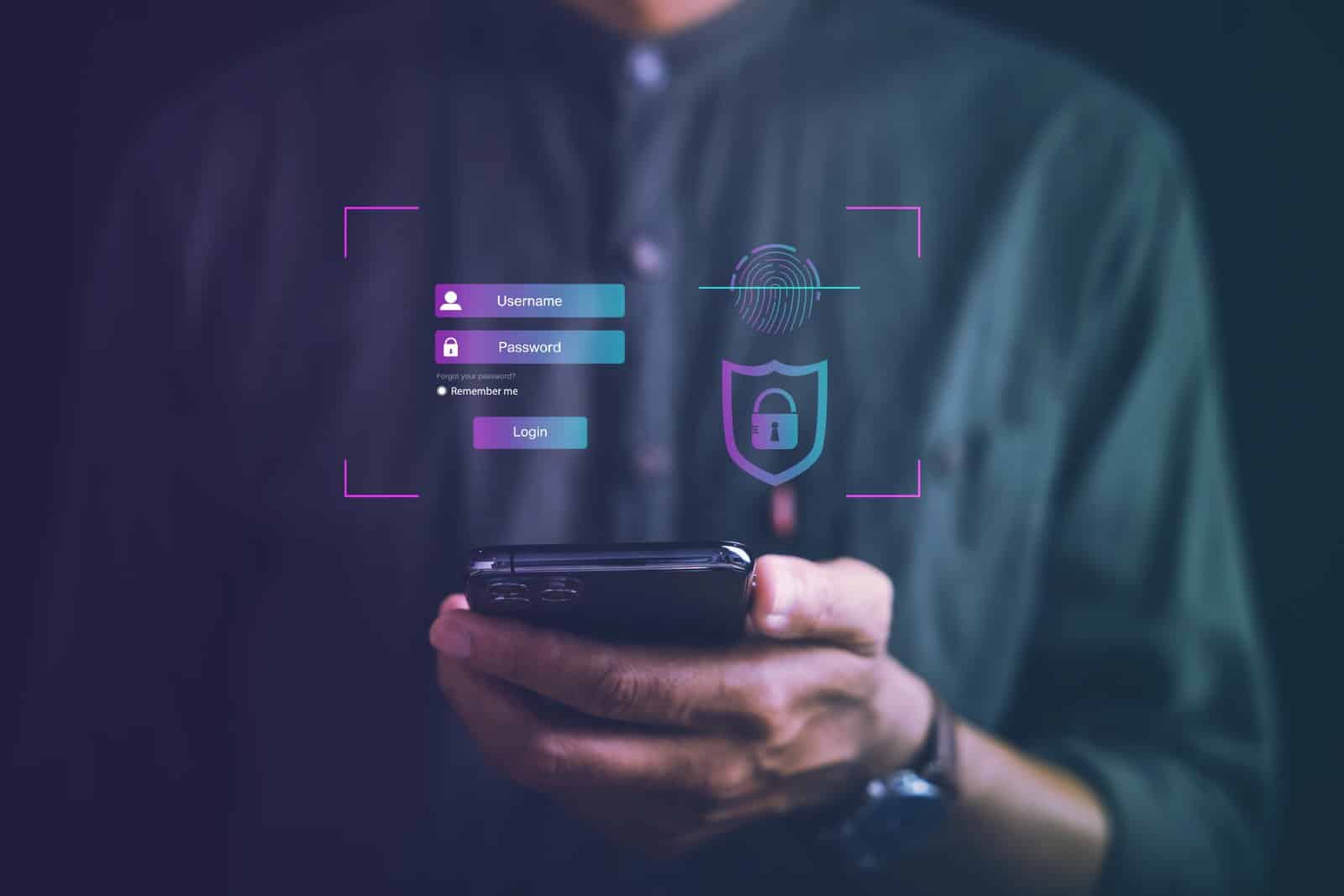
Using the same password for every website is one fast-track way to expose your data. Try using strong and unique passwords for each account and website. This will make it harder for any scammers to access your information if they get ahold of one of your passwords.
Keep Your Software Updated

Software updates often include new security standards and checks. By keeping your electronic systems, browsers, and apps up-to-date, you will be better protected.
Be Wary of Phone Calls

Most people think of scammers as people who call vulnerable people and ask for money by pretending a family member is in need. However, some scammers will pretend to be from your bank or a government agency. It’s important not to share personal information over the phone.
Tell-tale Signs of a Fake Website

Fake websites often look almost identical to real ones. Whenever you’re visiting a website, check the URL carefully, specifically looking for spelling errors. When in doubt, leave the website and search it again.
When in Doubt, Choose Credit

Credit cards usually provide better fraud protection than debit cards. This is because banks can check out suspicious transactions before taking money directly from your account, and will often notify you of any strange activity.
Type Out the Website

If you receive an email with a link to a website, it’s often better to type the address into your browser instead. This way, you’ll know the website is legit and you’re not being directed to a fraudulent site instead.
Fraud Alerts

Many banks will now freeze your account if they deem a transaction as suspicious. You’ll be notified right away, so you can either report it as fraud or claim it as your own transaction.
Be Cautious of QR Codes
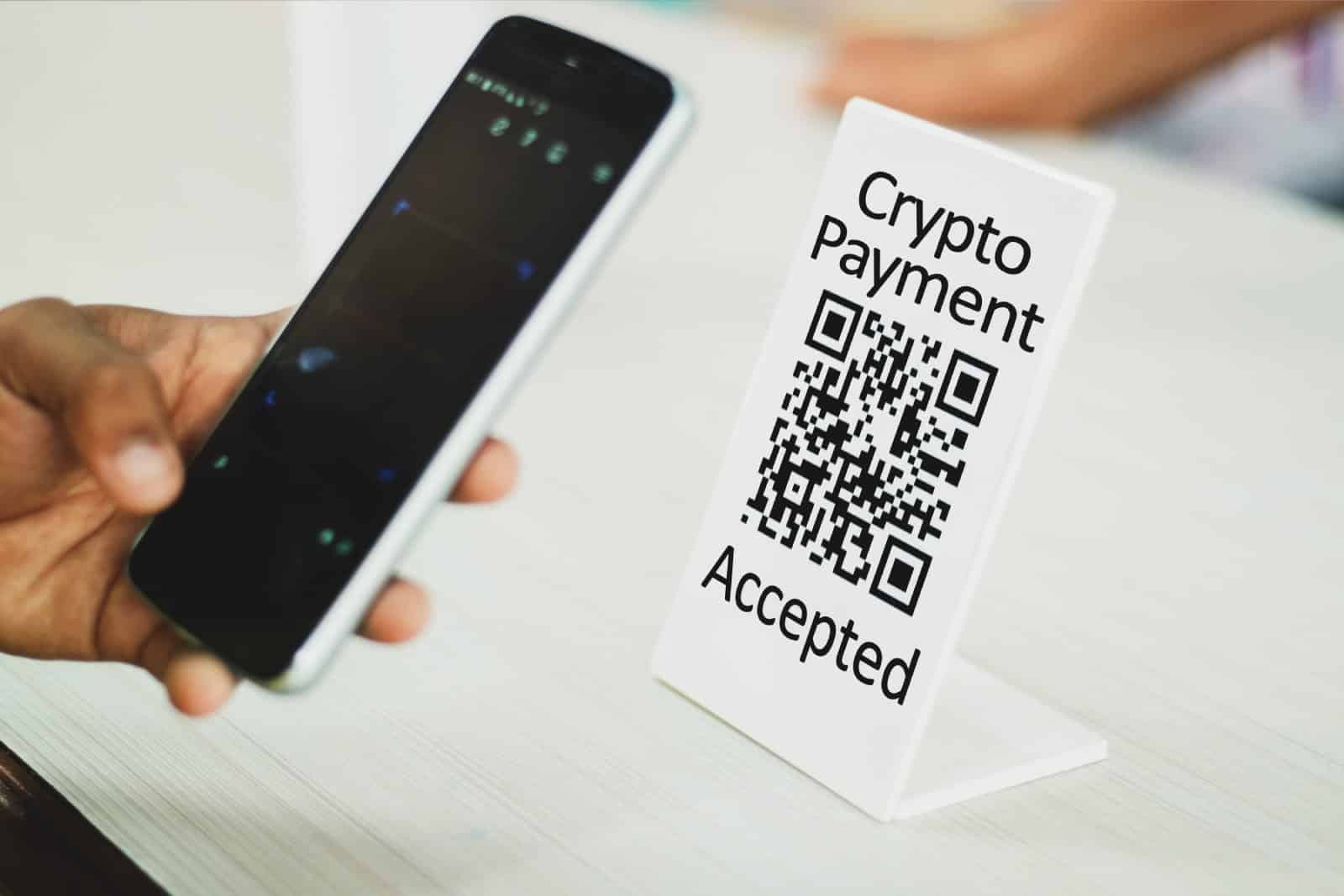
Make sure the codes you are scanning are from trusted sources. Some scammers will create fake QR codes to direct you to fake websites.
Report Suspicious Activity

If you notice a purchase you didn’t make, report it to your bank and local authorities right away. This can increase your chances of getting any lost money back, protecting your identity, and preventing future scams.
Spread the Word

Technology is advancing faster than many people can keep track of. It’s important to be aware of how to keep your information safe and spread that knowledge to others around you. The elderly are the most susceptible to scams so keep your loved ones informed on how to stay protected!
Budget Boss: 12 Tips for Managing Your Money Wisely

Embarking on a journey to master budgeting requires evidence-based strategies supported by research to manage your finances effectively and achieve your financial goals. Here are 12 research-backed tips, along with actionable steps to implement them, for mastering budgeting and maximizing your financial well-being. Budget Boss: 12 Tips for Managing Your Money Wisely
Ranking the Top and Bottom 24 U.S. Universities

Wondering which universities are the cream of the crop and which ones fall short of the mark? Today, we’re ranking the 24 best and worst universities in the United States to give you the inside scoop on higher education excellence and disappointment. Are you ready to uncover the highs and lows of academia? Ranking the Top and Bottom 24 U.S. Universities
18 Trending Jobs That Let You Travel While Working

Dreaming of turning your wanderlust into a way of life? Believe it or not, there are careers that not only allow but encourage you to explore the globe, dive into new cultures, and collect experiences instead of things. Here are 18 unconventional jobs that offer just that, with a bit more insight into each. 18 Trending Jobs That Let You Travel While Working
Featured Image Credit: Pexels / Alex Green.
The content of this article is for informational purposes only and does not constitute or replace professional financial advice.
For transparency, this content was partly developed with AI assistance and carefully curated by an experienced editor to be informative and ensure accuracy.





Leave a Reply